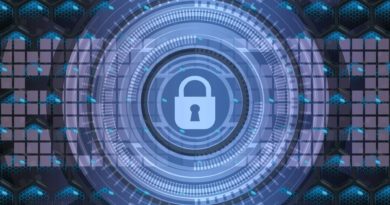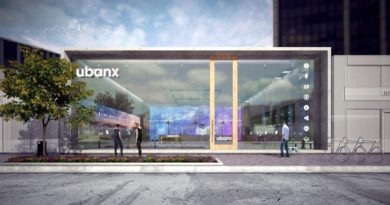AI and Blockchain : How Artificial Intelligence can change Blockchain?
Both Blockchain and Artificial Intelligence (AI) have set a benchmark in the industry respectively on their own terms, how would these disruptive platforms work together?
How can AI change Blockchain?
Although extremely powerful, a blockchain has its own limitations as well. Some of them are technology-related while others come from the old-minded culture inherited from the financial services sector, but all of them can be affected by AI in a way or another:
Energy consumption:
Mining is an incredibly hard task that requires a ton of energy (and then money) to be completed (O’Dwyer and David Malone, 2014). AI has already proven to be very efficient in optimizing energy consumption, so I believe similar results can be achieved for the blockchain as well. This would probably also result in lower investments in mining hardware
Scalability:
The blockchain is growing at a steady pace of 1MB every 10 minutes and it already adds up to 85GB. Satoshi (2008) first mentioned “blockchain pruning” (i.e., deleting unnecessary data about fully spent transactions in order to not hold the entire blockchain on a single laptop) as a possible solution but AI can introduce new decentralized learning systems such as federated learning, for example, or new data sharding techniques to make the system more efficient
Security:
Even if the blockchain is almost impossible to hack, its further layers and applications are not so secure (e.g., the DAO, Mt Gox, Bitfinex, etc.). The incredible progress made by machine learning in the last two years makes AI a fantastic environment for the blockchain to guarantee a secure applications deployment, especially given the fixed structure of the system
Privacy:
The privacy issue of owning personal data raises regulatory and strategic concerns for competitive advantages (Unicredit, 2016).
Homomorphic encryption (performing operations directly on encrypted data), the Enigma project (Zyskind et al., 2015) or the Zerocash project(Sasson et al., 2014), are definitely potential solutions, but I see this problem as closely connected to the previous two, i.e., scalability and security, and I think they will go pari passu
Efficiency:
Deloitte (2016) estimated the total running costs associated with validating and sharing transactions on the blockchain to be as much as $600 million a year.
An intelligent system might be eventually able to compute on the fly the likelihood for specific nodes to be the first performing a certain task, giving the possibility to other miners to shut down their efforts for that specific transaction and cut down the total costs.
Furthermore, even if some structural constraints are present, a better efficiency and a lower energy consumption may reduce the network latency allowing then faster transactions
Hardware:
Miners (and not necessarily companies but also individuals) poured an incredible amount of money into specialized hardware components.
Since energy consumption has always been a key issue, many solutions have been proposed and much more will be introduced in the future. As soon as the system becomes more efficient, some piece of hardware might be converted (sometimes partially) for neural nets use (the mining colossus Bitmain is doing exactly this)
Lack of talent:
This is leap of faith, but in the same way we are trying to automate data science itself (unsuccessfully, to my current knowledge), I don’t see why we couldn’t create virtual agents that can create new ledgers themselves (and even interact on it and maintain it)
Data gates:
In a future where all our data will be available on a blockchain and companies will be able to directly buy them from us, we will need help to grant access, track data usage, and generally, make sense of what happens to our personal information at a computer speed. This is a job for (intelligent) machines.
Also Read: Madana: Lisk’s first sidechain going for an ICO
Originally posted on Medium
Disclaimer: The opinions presented here are of the Authors. Readers should do their own due diligence before taking any actions related to the promoted company or any of its affiliates or services. CoinScenario.com is not responsible, directly or indirectly, for any damage or loss caused or alleged to be caused by or in connection with the use of or reliance on any content, goods or services mentioned in the press release.
Here is a list of Contributors on Coin Scenario. If you wish to submit a Press Release, please Click Here. If you wish to Advertise with us, please Click Here.




